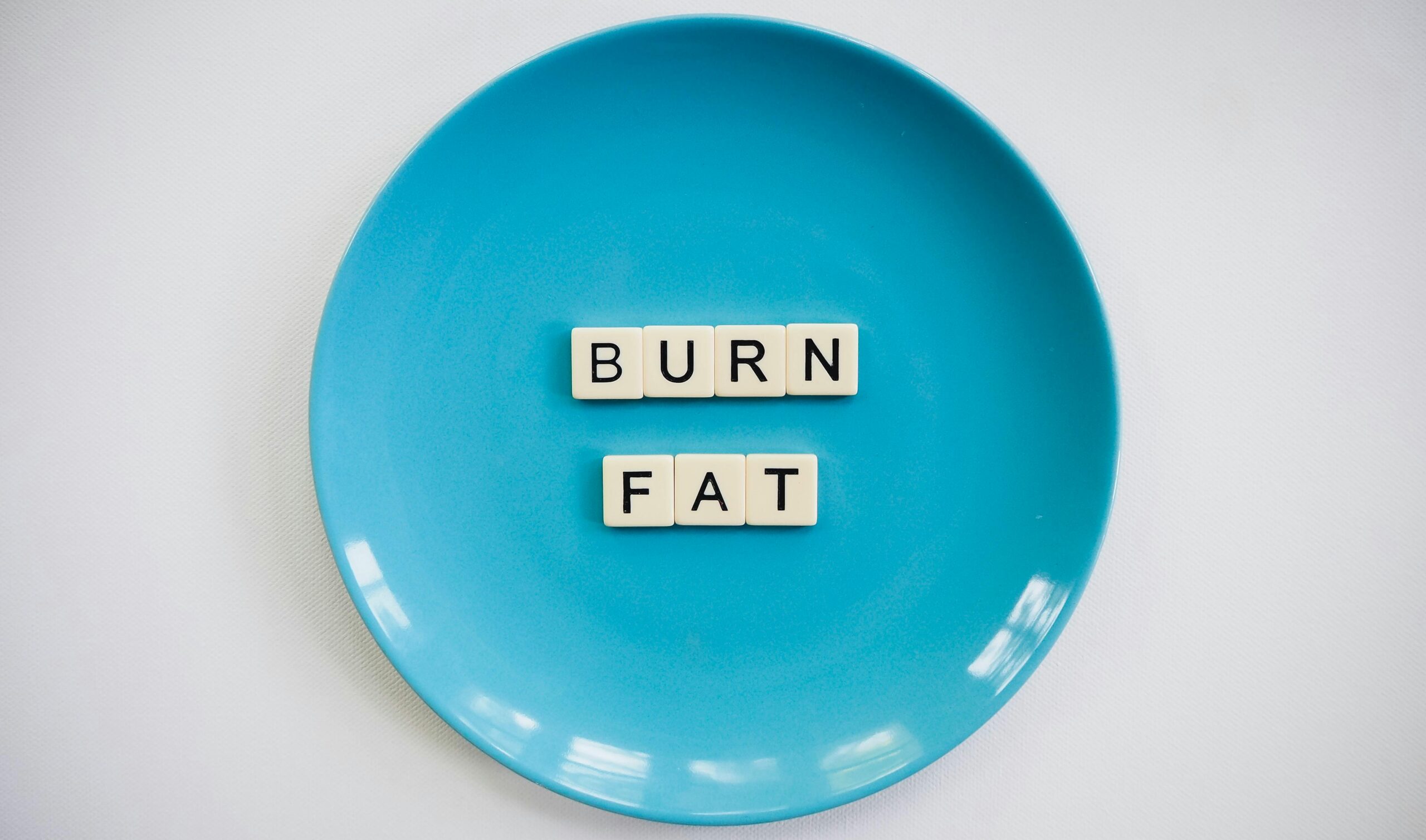For bodybuilders, achieving a lean physique while maintaining muscle mass is a delicate balance that hinges on precise nutrition. A lean diet isn’t just about cutting calories—it’s a strategic approach to fueling the body for performance, recovery, and fat loss. Unlike generic weight-loss plans, this regimen prioritizes macronutrient timing, high-quality protein intake, and metabolic efficiency to preserve hard-earned muscle. However, misconceptions about restrictive eating or excessive cardio often derail progress. This article explores the science-backed principles of a lean diet tailored for bodybuilders, addressing how to optimize macros, manage energy levels, and avoid common pitfalls. Whether preparing for a competition or aiming for year-round leanness, understanding these fundamentals can transform your results without sacrificing strength or health.
The Science of Caloric Deficit and Muscle Preservation
To shed fat, bodybuilders must operate in a caloric deficit, consuming fewer calories than they burn. However, an aggressive deficit risks muscle catabolism. Studies suggest a moderate deficit of 300–500 calories daily strikes the ideal balance, promoting fat loss while sparing muscle. Protein intake becomes critical here—aim for 1.2–2.2 grams per pound of body weight to support repair and growth. Lean meats, fish, and plant-based proteins like tempeh should anchor meals. Additionally, resistance training and adequate sleep help maintain an anabolic state, ensuring calories burned come from fat stores, not muscle tissue.
Macronutrient Ratios: Beyond Protein
While protein is prioritized, carbs and fats play equally vital roles. Carbohydrates fuel high-intensity workouts and replenish glycogen stores—opt for slow-digesting sources like oats or sweet potatoes pre-workout. Post-workout, fast-acting carbs like white rice spike insulin, aiding nutrient uptake. Fats, often underestimated, regulate hormones like testosterone. Include avocados, nuts, and olive oil, but keep fats below 30% of daily calories to avoid displacing carbs. A sample ratio for a 200-pound lifter might be:
- 40% protein: 200g daily
- 40% carbs: 200g daily
- 20% fats: 44g daily
Timing Meals for Metabolic Efficiency
Nutrient timing amplifies a lean diet’s effectiveness. Pre-workout meals should combine protein and carbs to maximize energy, while post-workout nutrition (within 45 minutes) accelerates recovery. Spread protein intake evenly across 4–6 meals to sustain muscle synthesis. Contrary to myths, nighttime eating doesn’t inherently cause fat gain—focus on daily totals instead. However, avoid heavy carbs late at night if insulin sensitivity is a concern. Intermittent fasting can work for some, but it risks underfueling intense training sessions, making smaller, frequent meals a safer default.
Supplements to Bridge Nutritional Gaps
Whole foods should dominate, but supplements enhance adherence and results. Whey protein offers convenience, while BCAAs may reduce muscle breakdown during cuts. Creatine supports strength retention, and omega-3s combat inflammation from rigorous training. Avoid fat burners with stimulants, which can spike cortisol and hinder recovery. Instead, prioritize electrolytes and vitamin D to address common deficiencies during calorie restriction.
Common Pitfalls and How to Avoid Them
Many bodybuilders undermine progress by:
- Over-restricting carbs, leading to poor workout performance
- Neglecting fiber, causing digestive issues
- Ignoring refeed days, which temporarily boost leptin and metabolism
Track metrics like strength levels and waist measurements—not just weight—to gauge progress. Adjust calories every 3–4 weeks to avoid plateaus.
In conclusion, a lean diet for bodybuilders demands precision, not deprivation. By mastering caloric deficits, optimizing macros, timing meals strategically, and using supplements wisely, athletes can shed fat while safeguarding muscle. Avoid extreme measures in favor of sustainable habits, and remember that consistency trumps perfection. Regular monitoring and flexibility ensure long-term success, transforming a lean diet from a temporary phase into a lifestyle that supports peak performance and aesthetics.
